The Inevitability of Change: How Memories Slowly Die
When I was a young man of maybe 19, I remember having a long conversation with an elderly gentleman who was a friend of my step-dad's.
Geoffrey pointed out that as we age and get towards our senior years, our memories gradually die.
The local station, as I remember it in the early 1980s. Source
At the time, I thought it was an odd thing to say... but Geoffrey went on to explain that he wasn't talking about getting dementia or Alzheimer's, he was talking about the fact that the places and people that were present to create our memories start to disappear.
This morning — almost 45 years later — I suddenly recognized how true his words were.
Being originally a Danish national, I still subscribe to various news items from Denmark, particularly as they relate to "local" areas where I lived and spent much of my time when I was a kid and youngster.
From an old postcard, 1970s
A relatively insignificant sidebar story caught my eye and it wasn't actually all that new, but it stated that the local train station building near my Auntie's house in the country had been demolished.
The building was 100 years (and spare change) old, and had at one time served as both the stationmaster's home, ticketing office and the local post office. These services were gradually shut down as the train system and the mails got more and more automated and in more recent years the building was boarded up, when mail service was moved and train ticketing automated.
The boarded up station, in later years (circa 2016; from Google Street View)
I do remember there being some talk about refurbishing the station, and even turning it into youth housing, but that never came to anything.
The company operating the railway line decided that rather than try to maintain it and fix it up, they would rather just demolish it because it was starting to present a danger due to dereliction and vandalism.
Gradually, the old building had become covered in graffiti, and had to be fenced off.
Entropy sets in; covered in graffiti, late 2017) Source
After running some proposals through the local city government — including a possible sale of the building — the railway operator was granted a permit to demolish the station.
Reading this news made me feel rather sad because I have a lot of memories associated with that plain and not particularly impressive building.
It was here I would arrive, filled with energy and excitement at getting to spend summers at my auntie's house. It was to here I would often ride my bicycle to deposit my aunt's letters in the red mailbox before riding back home. It was here we would come to pick up friends and family visiting from Copenhagen. I would ride past it on my bicycle, practically every day, going to the bakery, the grocery store or the beach.
The End... after 104 years... Source
But such is change. Gradually the old slides away and becomes obsolete, and it's replaced by the next generation of "somethings."
The train still stops here, but the red bicycle shed has been replaced by something more utilitarian, and now the station building is gone and there is just a basic modern shelter for people waiting for the train.
Things change. My Auntie is long dead, as are 90% of the people we'd pick up and send off from the station. In a couple of decades, I will gone, too. Heck, Denmark doesn't even have post offices anymore! Which isn't to say that people don't send mail anymore but postal service is now handled from service kiosks inside supermarkets not from actual post offices.
What it looks like today.... Source
Is this tiny "loss" significant in the greater scheme of things? Absolutely not! Just like it was a sidebar footnote in my news feed, so it will become a historical footnote that once upon a time there was a train station and post office here.
I shall refrain from speculating on whether this is actually better or worse, and just leave it at "it's different" and ultimately that's what change is about.
All the same, I suddenly recognized the truth Geoffrey spoke, all those years ago!
And so, I take a moment to remember and observe "the passing of a memory" in the form of an old train station. And for the occasion I am making a rare exception and illustrating a blog post not with my own photos but with photos acquired from the public domain!
Thanks for reading, and have a great remainder of your day!
Comments, feedback and other interaction is invited and welcomed! Because — after all — SOCIAL content is about interacting, right? Leave a comment — share your experiences — be part of the conversation! I do my best to answer comments, even if it sometimes takes a few days!

Greetings bloggers and social content creators! This article was created via PeakD, a blogging application that's part of the Hive Social Content Experience. If you're a blogger, writer, poet, artist, vlogger, musician or other creative content wizard, come join us! Hive is a little "different" because it's not run by a "company;" it operates via the consensus of its users and your content can't be banned, censored, taken down or demonetized. And that COUNTS for something, in these uncertain times! So if you're ready for the next generation of social content where YOU retain ownership and control, come by and learn about Hive and make an account!


(As usual, all text and images by the author, unless otherwise credited. This is original content, created expressly and uniquely for this platform — NOT posted anywhere else!)
Created at 2023-08-22 15:30 PDT
0927/2182
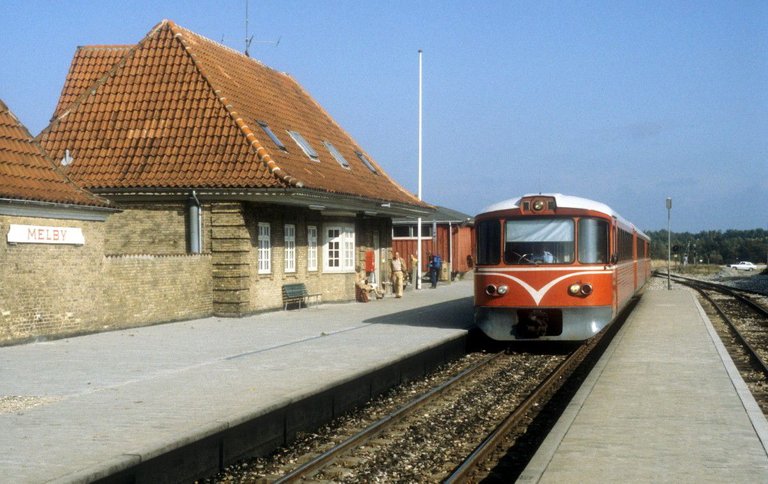
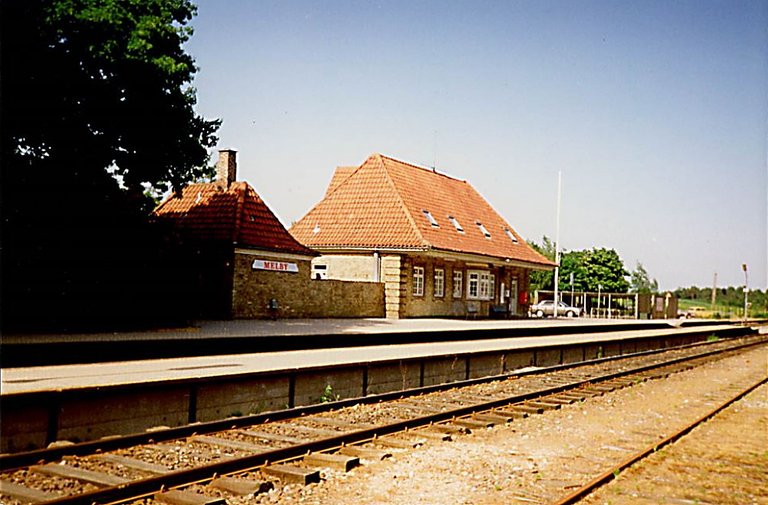
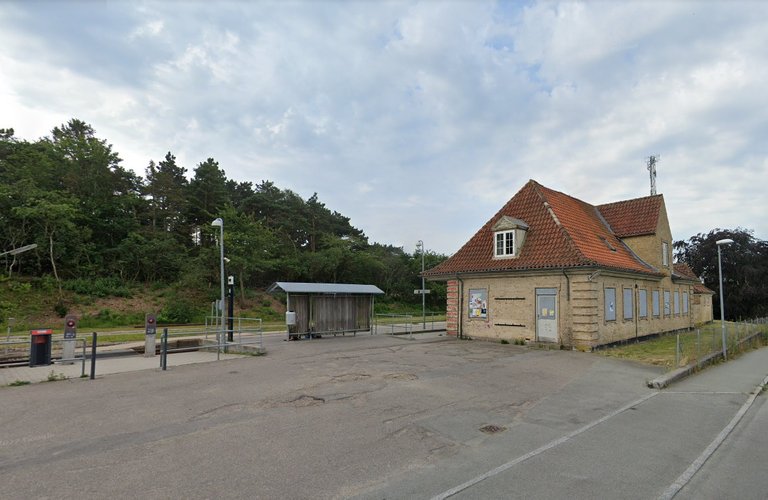
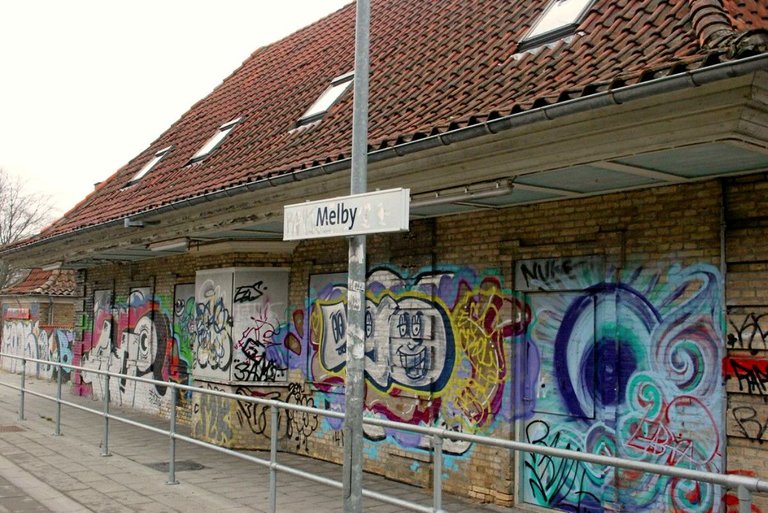
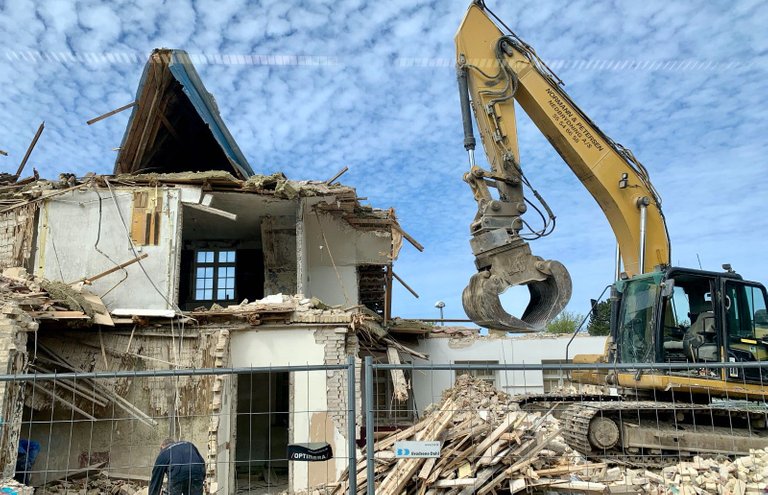
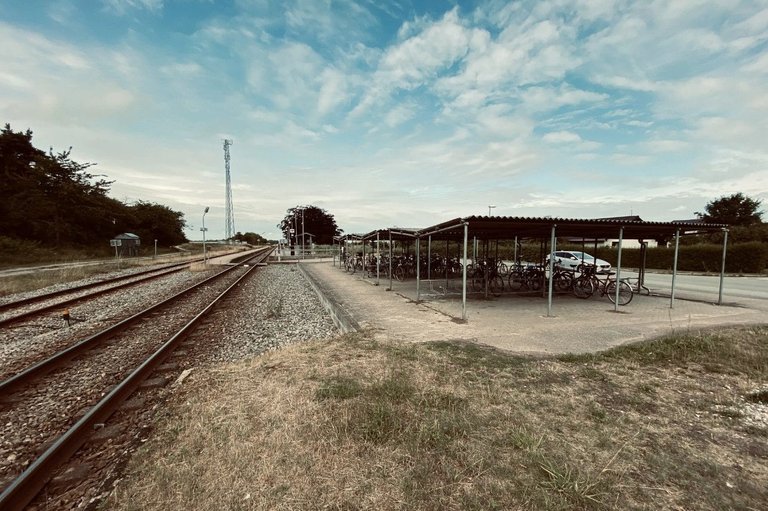
Hello @cuddlekitten, thanks for stopping by!
I think I even prefer it when there was atrain station and a post office there that what you people have there now.
This is not good enough.
I do, as well. I suppose this is just an example of what happens in an increasingly automated world.
I was in a frame of mind to read this post. I'm a little older than you and the poignancy of 'memories dying' in the sense you mean is sharp. It's not just people, as you say, but places. I write often here about my childhood days in the country, traipsing around the forest behind my house. But when I look at Google Maps, that place is not really there anymore. The hill I played on, that was little past stream I could see from my bedroom window--that hill is gone. Gouged and replanted with trailer homes. There are new neighbors all along our 'country' road. We used to have a rural free district address. Now there are numbers on the houses.
Eastern tradition keeps the memory of people and events alive merely through the act of recalling them. In more primitive cultures, the past is not mowed over but revered in oral narratives. Memories in those cultures die more slowly and morph into something that perhaps never was.
But still, memories eventually do die.
You see, I was in a mood for this piece ;) Nicely done.
I'm glad you enjoyed it!
Nothing ever seems to be how it was at some point in the past we remember. I remember when my mom died, I tried to "go back" to some of the places I remembered... and I also came to realize that not only had the places changed, but I was not the same as the person who had the original memory.
That may be what we miss the most ;)